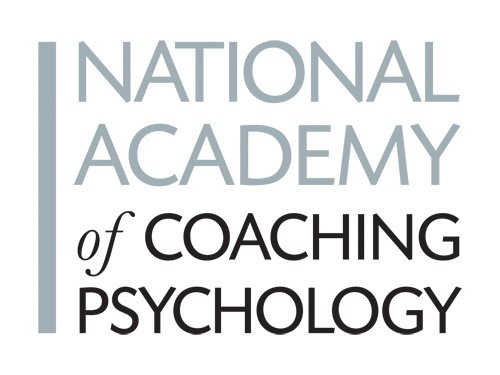Title: Dancing and Coaching Psychology: The impact of rhythmic movement or music on the effectiveness of a single peer coaching session by Katharina Leocadia Klyk, Stephen Palmer, and Tanja Zimmermann
Citation: Klyk, K. L., Palmer, S., & Zimmermann, T. (2022). Dancing and Coaching Psychology: The impact of rhythmic movement or music on the effectiveness of a single peer coaching session. International Journal of Coaching Psychology, 3, 2, 1-12. https://ijcp.nationalwellbeingservice.com/volumes/volume-3-2022/volume-3-article-2/
Abstract
Objective: Coaching has proven to be an effective way to foster wellbeing and mental health; similar positive effects have been reported for dance interventions. The present study was a first attempt to investigate the effects of dancing followed by a coaching intervention on the psychological wellbeing, vitality, and subjective goal achievement of 69 non-clinical participants.
Methods: A randomised two-group repeated-measure design compared the dance group (DG; dance with music followed by coaching, n = 36) to a second group (MG; music followed by coaching, n = 33). Both groups conducted peer coaching according to the PRACTICE solution focused framework. The DG danced an engaging but straightforward choreography (5 min) before their coaching session, whereas the MG listened to the music before their session while seated. The design included quantitative measures with questionnaires before the intervention, after the intervention, and after the follow-up.
Results: A single peer coaching session using the PRACTICE framework, combined with dancing and music, had significant positive effects on depression, anxiety, stress, vitality, and subjective goal attainment for both groups. The results show that the scores did not significantly differ between the conditions (dance versus music group), but varied significantly over time (p < .05), meaning that both groups benefited to a comparable extent from the interventions. There were no differences in mood or self-efficacy.
Conclusions: These preliminary results are encouraging and helpful for setting priorities in further research into the combination of dancing or music interventions and coaching processes. If coachees benefit from dance and music interventions, this could be a good starting point to investigate further the value of dancing or music for coaching effectiveness. The high level of satisfaction indicated that these interventions might be well received.
Keywords: Coaching Psychology, Dancing, Music, Wellbeing, peer coaching, PRACTICE coaching framework
View Article Here.
